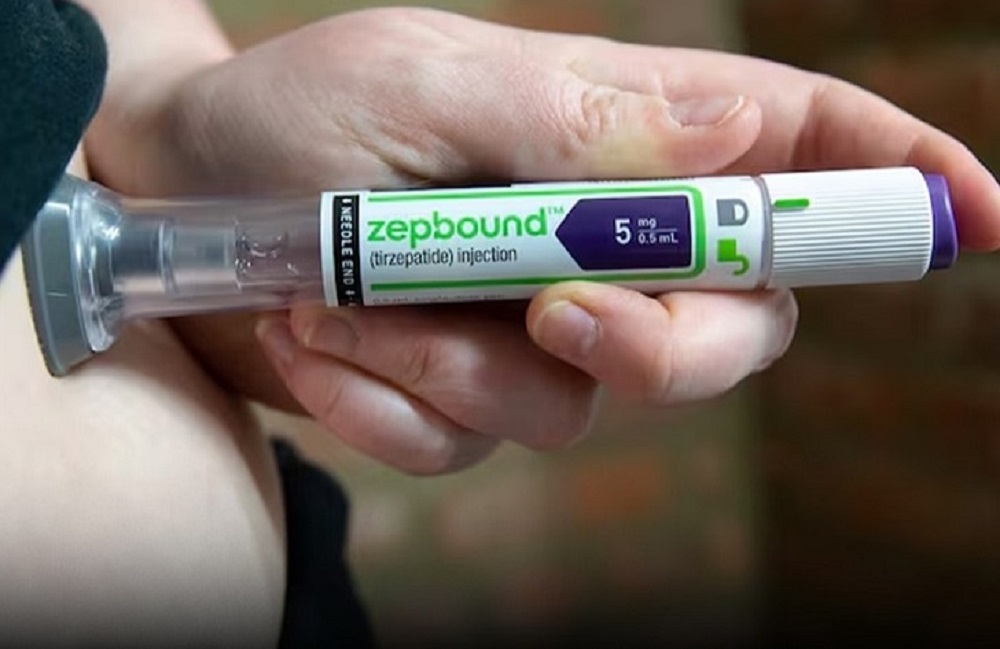If you’ve watched movies like 2014’s The Fault in Our Stars or 2018s The Professor, you would know what a drastic effect a bad cancer can have on someone. Given an option, no one would want to fight such a deadly disease, but since we don't get to choose our ailments, we have to deal with what God gives us.

Pixabay/Pexels | Colorectal cancer is a medical condition that needs appropriate medical attention, along with supportive treatments like increased vitamin D intake
That being said, there are some precautions that we can take to avoid extreme scenarios in the future. For instance, increasing our vitamin D intake is known to reduce the risk of colorectal cancer in young people.
A revolutionary research
According to a study published in the journal Gastroenterology, vitamin D can reduce the risk of early-onset colorectal cancer in people under 50. It can act as an inexpensive measure of keeping the body safe from any cancer-related problems for years. Kimmie Ng, the co-author of the study, says samples collected from 94,205 women participating in the Nurses’ Health Study II (NHS II) indicate a link between total vitamin D intake and an early-onset of colorectal cancer.
They show that women who take 300 IU or more vitamin D regularly have a nearly 50% less chance of getting young-onset colorectal cancer than women who don't. Ng says women consuming a vitamin D-rich diet are safer than women taking supplements. But she also adds that more studies are needed on the subject in much larger groups to make a concrete statement.

Pixabay/Pexels | Increasing vitamin D intake might be a good way to reduce the risk of the condition, but you should consult your doctor before starting with any supplements
Can I get my daily dose of vitamin D from my diet?
Experts like Elena A. Ivanina of Lenox Hill Hospital believe that getting enough vitamin D from natural sources is pretty tough. She pointed out that the average intake of vitamin D in men and women is 204 IU and 168 IU, respectively, when it should be almost 600 IU. She suggests people consult their doctors for supplements to cover that gap.
The young medical professional says infants, people of color, people who rarely go out in the sun, older adults, people suffering from obesity, or people who have recently undergone gastric bypass surgery, must maintain a proper vitamin D level even if they have to take supplements.
Why is taking precautions and going for screening important?
Ivanina disclosed that 75% of colorectal cancers develop in people with no known risk factors. She says screening and prevention are the only way one can detect this disease at an early stage and work on treatments. Talking about high-risk individuals, she said that people who have a history of polyps or bowel diseases or people with close relatives suffering from cancer should never miss screenings and take as many precautions as possible.

Ella Olsson/Pexels | 75% of colorectal cancers develop in people with no known risk factors; thus, ensuring a healthy lifestyle and going for regular checkups and screenings is a must
Dr. Theodore Strange, interim chair of Medicine at Staten Island University Hospital, says diet plays a crucial role in avoiding colorectal cancer. He says one might not change other things in life, but changing the diet is possible for everyone.
Wrapping it up
Now that you know how vitamin D can save you from chronic illnesses, make a conscious effort to start going out in the sun and consuming a healthy diet. Unless you make changes in your lifestyle, even the best of supplements won't be able to help you. So stay diligent and stay safe!










